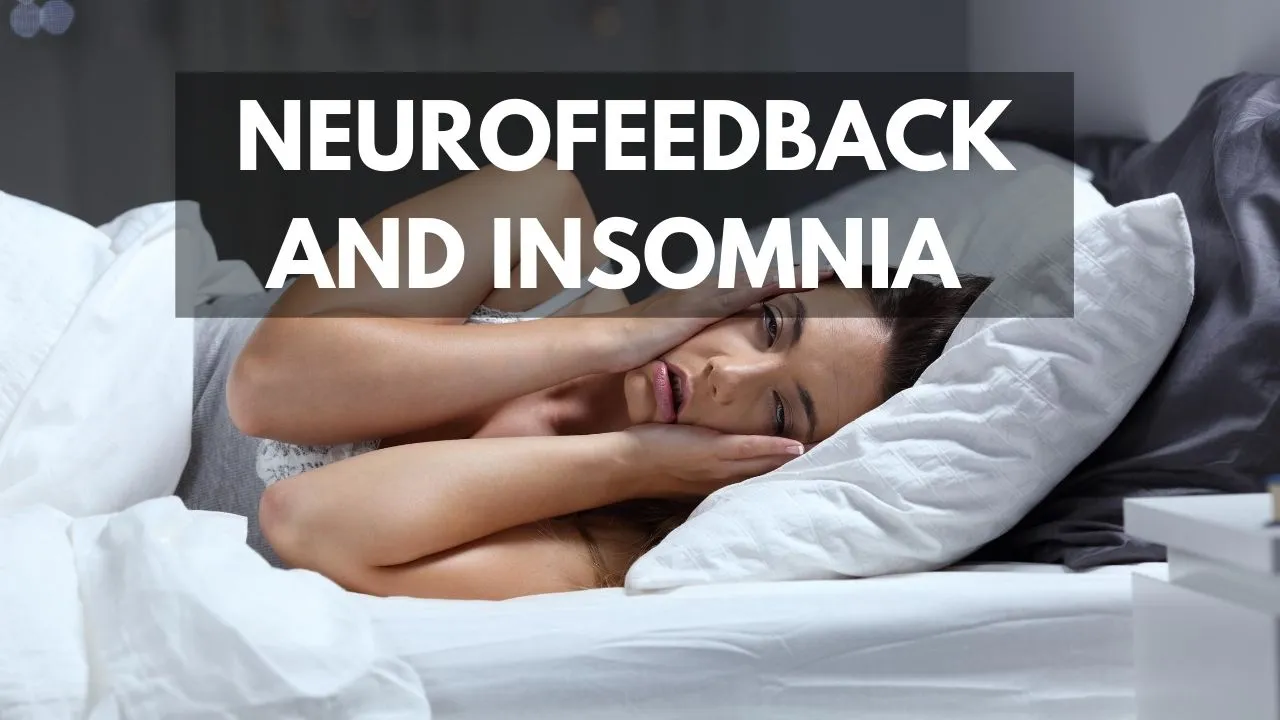Insomnia: Practical Tips to Fall and Stay Asleep
Struggling to sleep is frustrating and drains your day. Start with simple changes you can try tonight: set a consistent wake-up time, dim lights an hour before bed, and avoid caffeine after mid-afternoon. Small routines add up and help reset your internal clock.
Use the bed only for sleep and sex. If you work, eat, or watch TV in bed your brain won’t link the bed with sleep. If you can’t fall asleep within 20 minutes, get up, go to another room, and do something quiet until you feel sleepy.
Practical sleep fixes
Wind-down rituals work. Try 20–30 minutes of low-stimulation activity like reading a paper book, gentle stretching, or a warm shower. Keep screens out of the bedroom or use blue-light filters—phone and laptop light suppresses melatonin and confuses your sleep cues.
Watch naps. A short nap (20–30 minutes) can help if you’re very tired, but long or late naps make nighttime sleep harder. Aim for regular daytime exercise but finish vigorous workouts at least three hours before bed.
Create a sleep-friendly room: cool, dark, and quiet. Earplugs, blackout curtains, or a white-noise machine can help. Pick a mattress and pillow that feel comfortable—uncomfortable bedding is a common, fixable sleep blocker.
Mind your evening eating and drinking. Heavy meals, spicy food, or lots of fluid close to bedtime often wake people up. Alcohol can make you fall asleep faster but fragments sleep later in the night.
Try relaxation techniques. Deep breathing, progressive muscle relaxation, or a short body-scan meditation can calm a busy mind. Practice the same technique nightly so it becomes a signal that sleep is coming.
Consider melatonin for short-term trouble falling asleep. Low doses (0.5–3 mg) taken 30–90 minutes before bed often help reset sleep timing. Talk to your doctor about dose and timing, especially if you’re on other meds.
Treatment options and when to see a doctor
Cognitive Behavioral Therapy for Insomnia (CBT-I) is the most effective long-term treatment. It teaches how to change thoughts and behaviors that keep you awake and usually beats sleeping pills for lasting improvement.
Prescription sleep meds help some people but carry risks: next-day drowsiness, falls, memory gaps, and dependence if used long-term. Older adults are especially vulnerable. Always review risks with a clinician.
See a doctor if insomnia lasts more than a few weeks, if daytime functioning suffers, or if you have loud snoring, choking at night, or thoughts of harming yourself. Underlying issues like sleep apnea, depression, anxiety, thyroid problems, or medication side effects may be the real cause.
Start with a sleep diary for a week: note bedtime, wake time, naps, caffeine, and how you feel during the day. Bring it to your appointment—doctors find it very helpful. With the right steps, most people improve their sleep without endless trial and error.

Doxylamine and Sleep During Menopause: Can It Help?
Hey there, it's your friendly neighborhood blogger here diving into the world of menopause and sleep. Like many folks, I've seen my fair share of sleepless nights, but it got me thinking, can doxylamine be the answer for those going through menopause? In this post, I'll explore how this medication might just be the helping hand needed to catch some much-needed z's. From understanding how it works to discussing its potential benefits and drawbacks, join me as we unravel the mysteries of doxylamine and sleep during this pivotal phase of life.
November 8 2023